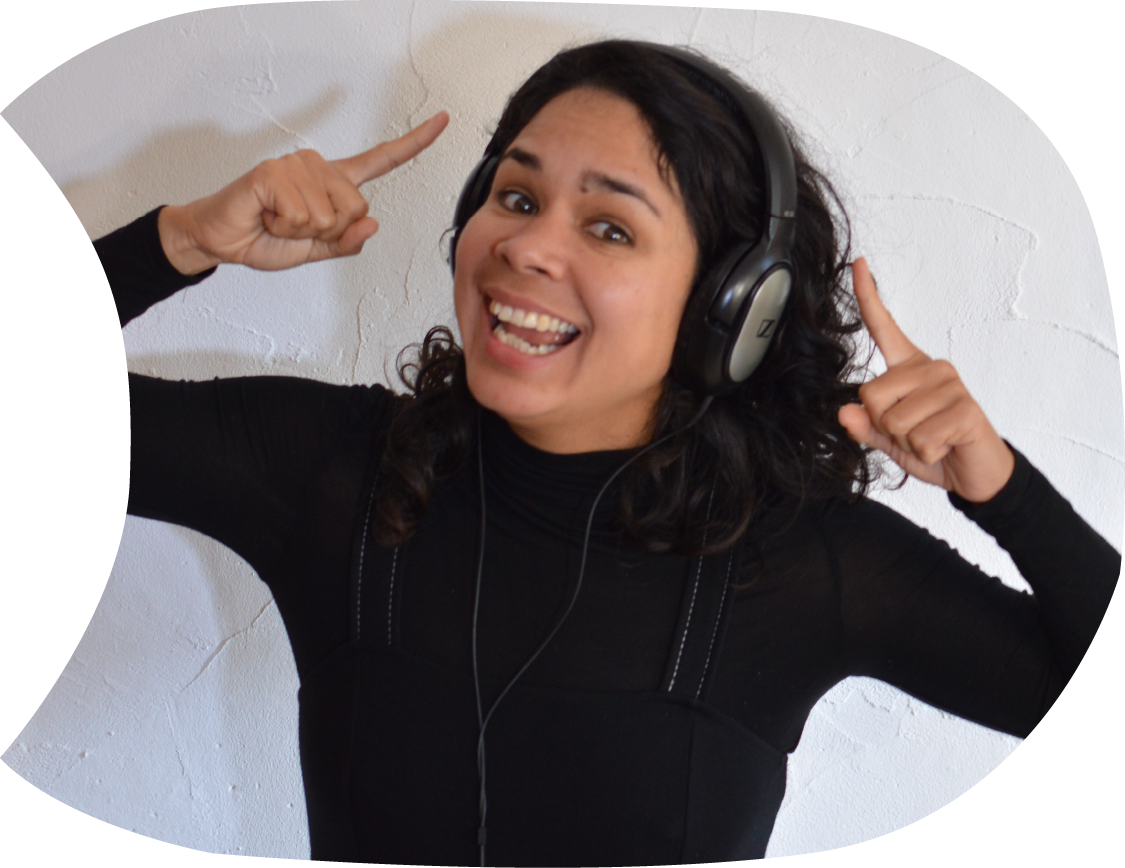
Podía vs Podría: Unpacking the Subtle Differences and Similarities with "Could" in English
As Spanish learners, it’s easy to fall into the trap of assuming that every word in Spanish has a direct equivalent in English. While this is true in some cases, it's important to remember that language doesn’t always work symmetrically. Take for example the verbs podía and podría—both of which are often translated as “could” in English, but their meanings and uses are far from identical.
Let’s take a deeper look at these two forms and understand how they differ and, in some ways, align with the English "could."
Podía: I Was Able To (Or Could, But in the Past)
Podía comes from the verb poder, which means "to be able to." In the imperfect tense (as in "yo podía" or "he/she could"), podía is used to describe something that was possible or something that someone was able to do in the past. It implies that the action was within one’s ability or that something was an ongoing possibility in the past.
Example Sentences:
- Cuando era joven, podía correr 5 kilómetros sin parar.
(When I was young, I could run 5 kilometers without stopping.)
Here, “podía” is not just saying "I could" in a generic sense—it refers specifically to the past, when the speaker was able to do something. - Si me lo hubieras pedido, podía haberlo hecho.
(If you had asked me, I could have done it.)
In this sentence, podía is describing something that was possible in the past.
Podría: I Might (or Could, in a Hypothetical Sense)
Now, podría is a bit more complicated because it’s used in the conditional tense. It’s often translated as “I could,” but it has a more nuanced meaning. Podría is used when talking about something that might happen or could happen in the future, or when discussing a hypothetical situation. It's often about something that is possible, but not guaranteed, depending on circumstances.
Example Sentences:
- Si estudiara más, podría aprobar el examen.
(If I studied more, I could pass the exam.)
Here, podría expresses a possibility, but it's based on a condition that isn’t being fulfilled (the speaker is not studying more). - Podría ir al cine si termino el trabajo.
(I could go to the cinema if I finish the work.)
This shows that going to the cinema is a possibility, but it's contingent on completing the task.
Comparing Podía and Podría to "Could" in English
In English, “could” is a very versatile word, and it’s used in multiple contexts: expressing ability, possibility, or requests. However, in Spanish, podía and podría reflect different nuances of the word "could" depending on time, likelihood, and condition.
- Podía is closer to “I was able to” or "I could" in the past when talking about something you were actually able to do.
- Podría is more like “I might” or “I could” in a hypothetical, conditional, or future possibility context.
The trick is understanding that while podía often reflects past abilities, podría often reflects hypothetical possibilities or things that depend on certain conditions being met.
Spanish vs. English: Why the Direct Translation Doesn’t Always Work
Though we often seek symmetry between languages, it's essential to remember that Spanish and English don’t always align perfectly. Podía and podría offer a prime example of this.
While could in English is an all-purpose verb for ability, possibility, and polite requests, Spanish makes more distinctions based on the context—whether it’s the past, a condition, or something that is merely a possibility. English speakers might say "I could go" to mean "I am able to go" or "It’s a possibility I could go," but in Spanish, these two meanings would use different tenses: podía vs. podría.
Examples in Context
Podía
Phrase | Recording |
|---|---|
| Antes podía correr 10 kilómetros sin cansarme, pero ahora me cuesta más. | |
| No podía dormir anoche con tanto ruido en la calle. | |
| Cuando era niño, podía pasar horas jugando sin aburrirme. | |
| Ayer intenté abrir el frasco, pero no podía, estaba demasiado apretado. | |
| Te llamé varias veces, pero no podía comunicarme contigo. |
Podría
Phrase | Recording |
|---|---|
| Si entrenara más, podría correr un maratón el próximo año. | |
| Podría ayudarte con tu tarea más tarde si quieres. | |
| No sé exactamente la dirección, pero podríamos preguntarle a alguien. | |
| ¿Podría decirme a qué hora cierra el banco? | |
| Si estudiaras un poco más, podrías aprobar el examen sin problemas. |
Key Takeaways
- Podía is used to talk about things that were possible in the past or things someone was able to do.
- Podría is used in hypothetical or conditional situations—things that might happen under certain conditions.
- Even though both are often translated as "could" in English, the nuances between them are key to mastering their usage.
- The difference between podía and podría highlights how Spanish and English aren't always symmetrical, and understanding this distinction can help avoid misunderstandings in both writing and speaking.
By embracing these differences, you'll become more confident in your ability to express yourself accurately and naturally in Spanish!

